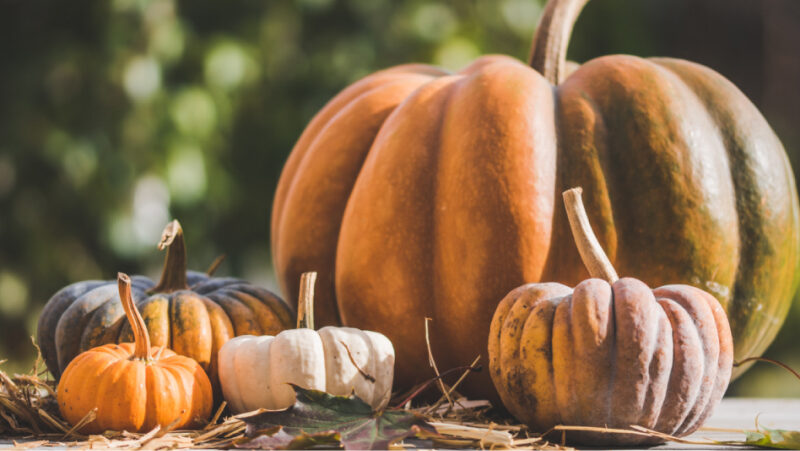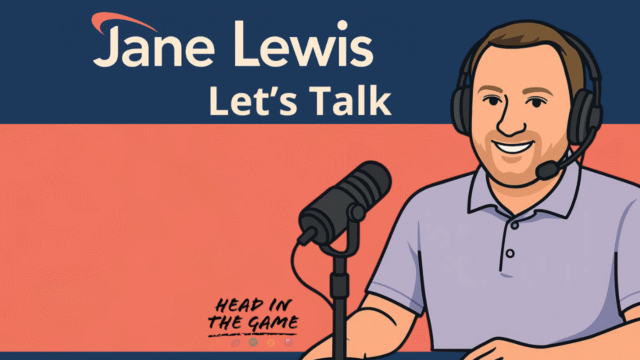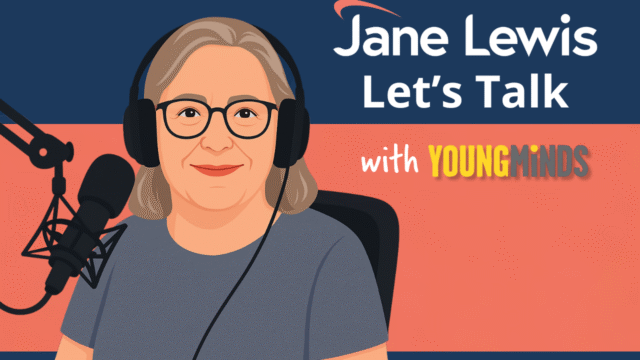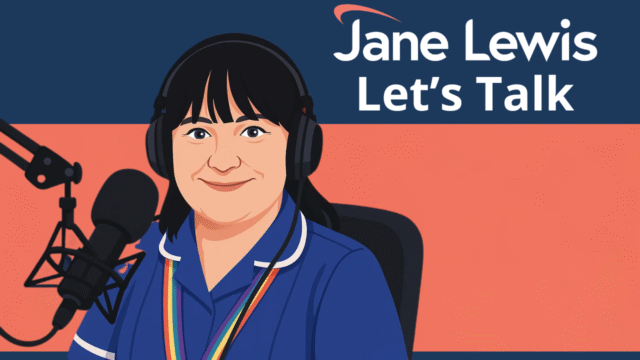In What Ways Can People Struggle with Halloween?
From trauma and grief to social, Halloween can stir up feelings of unease or distress, making it essential to recognise and offer support to those who might find this holiday overwhelming.
Trauma:
Halloween’s imagery often involves frightening costumes, dark themes, and horror elements that can easily trigger memories or associations with past traumatic experiences. For individuals with PTSD, these triggers may lead to heightened anxiety, flashbacks, or feelings of distress.
Grief:
Holidays can be challenging for those who are grieving, and Halloween is no exception. The social nature of the holiday can feel isolating for someone who has lost a loved one, and the focus on horror and death can be a painful reminder of personal loss.
Social Anxiety:
Parties, costumes, and social gatherings are an integral part of Halloween, but for people with social anxiety, these activities can feel daunting. The pressure to socialise or interact with strangers while in costume can exacerbate feelings of self-consciousness or fear, making Halloween an uncomfortable time for those with social anxiety.
Substance Misuse Recovery:
Halloween parties often involve alcohol or other substances, which can pose challenges for those in recovery. Being around others who are drinking or using substances may trigger cravings or lead to feelings of isolation, increasing the risk of relapse or emotional distress.
How to Support a Loved One Around Halloween
If you know someone who finds Halloween challenging, here are a few ways to offer support:
- Ask and Listen: Start by asking if they feel comfortable discussing their feelings about Halloween. Respect their perspective and listen actively without judgment.
- Limit Triggers Together: If certain decorations, costumes, or parties feel triggering, work together to find alternatives. Suggest low-key gatherings or movie nights to celebrate the holiday in a more comfortable way.
- Create an “Exit Plan”: For events where they may feel uncomfortable, help them create a plan to leave when needed. Having a friend on hand for support can make social situations feel more manageable.
- Offer Sensory-Friendly Alternatives: If sensory overload is a concern, find quieter or sensory-friendly Halloween events. Some communities even offer “quiet trick-or-treat” hours for children.
- Encourage Self-Care and Boundaries: Remind them that it’s okay to say no to events or situations that feel overwhelming. Reaffirm that protecting their mental health is the top priority.

Halloween doesn’t have to be an all-or-nothing celebration. By acknowledging and adapting to the needs of those with mental health concerns, we can make Halloween a more inclusive and supportive time for everyone.
If you or someone you know struggles with Halloween, remember that there are always ways to make this Halloween enjoyable in a way that feels safe and comfortable.




